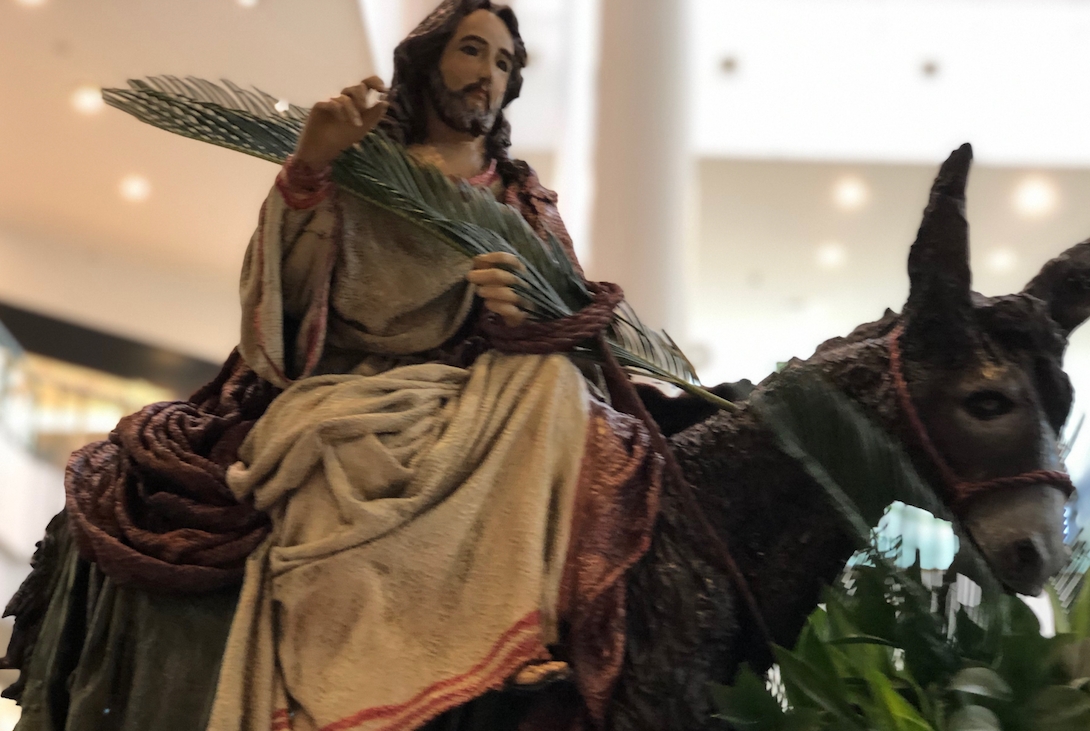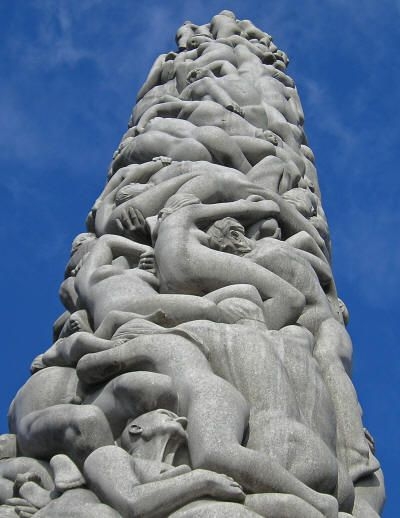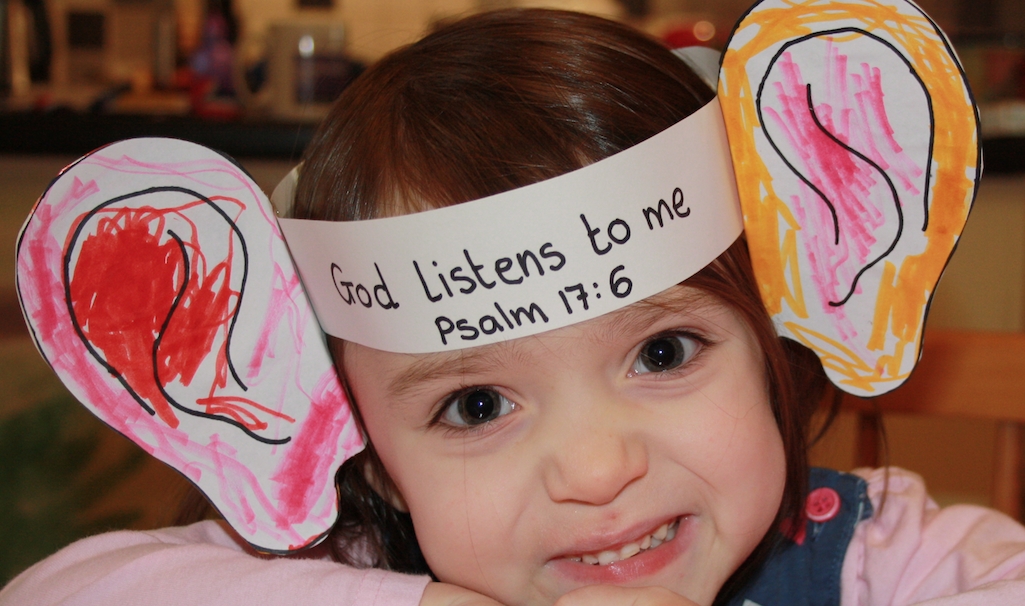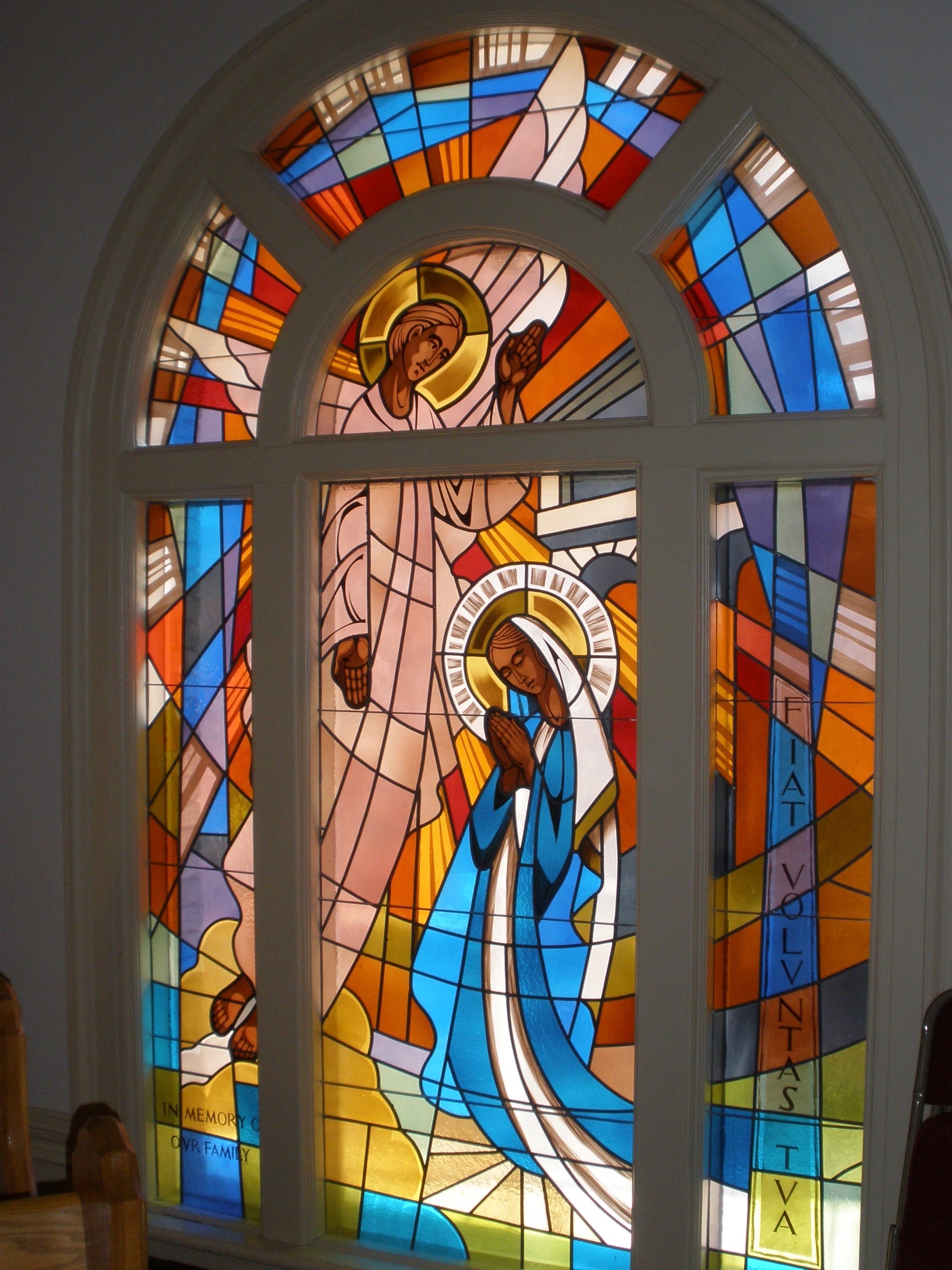These reflections are a result of more than 40 years of ministry as a Roman Catholic priest. Most of these years I spent in the Diocese of Charlotte which covers Western North Carolina. Now I am retired, and live in Medellín, Colombia where I continue to serve as a priest in the Archdiocese of Medellín.

Six days before Passover Jesus came to Bethany,
where Lazarus was, whom Jesus had raised
from the dead.
They gave a dinner for him there,
and Martha served,
while Lazarus was one of those
reclining at table with him.
Mary took a liter of costly perfumed oil
made from genuine aromatic nard
and anointed the feet of Jesus
and dried them with her hair;
the house was filled with the fragrance of the oil.
(Jn 12:1-3)
I remember the dedication of the new altar at Our Lady of Fatima Chapel in Winston-Salem when it belonged to Saint Benedict the Moor Parish. The bishop dumped the whole container of the Oil of Chrism on the surface of the altar and began to rub it in to the wood of the altar. Everyone was astounded at the extravagance of the gesture as the fragrance of the Chrism filled the whole Chapel.

So they brought the colt to Jesus
and put their cloaks over it.
And he sat on it.
Many people spread their cloaks on the road,
and others spread leafy branches
that they had cut from the fields.
Those preceding him as well as those following kept crying out:
“Hosanna!
Blessed is he who comes in the name of the Lord!”
(Mk 11:1-10)
Knowing us better than we know ourselves, knowing all the crummy things we do to one another, he still comes to give himself for love of us.

I will make with them a covenant of peace;
it shall be an everlasting covenant with them,
and I will multiply them, and put my sanctuary among them forever.
My dwelling shall be with them;
I will be their God, and they shall be my people.
(Ez 37:21-28)
The everlasting covenant of peace that God promises is fulfilled in Jesus, who “pitches his tent among us,” who “makes his dwelling among us” (John 1:14). As we enter into this Holy Week, let us invite all our brothers and sisters to join us in being the sanctuary where God dwells with us. The photo today is of the monolith in Vigeland Park in Oslo, Norway.

Responsorial Psalm (Psalm 18)
R. In my distress I called upon the Lord, and he heard my voice.
In my distress I called upon the LORD
and cried out to my God;
From his temple he heard my voice,
and my cry to him reached his ears.
R. In my distress I called upon the Lord, and he heard my voice.
I guess we all know to call on the Lord when we are in trouble, and it’s not a bad prayer. And as the Psalmist reminds us, even then God hears our voice, our cry reaches God’s ears.

Mary said, “Behold, I am the handmaid of the Lord.
May it be done to me according to your word.”
Then the angel departed from her.
(Lk 1:26-38)
Mary’s YES has inspired believers through the ages. As we prepare to recall and relive the great events of our salvation, may we say YES to God’s plan for us.



